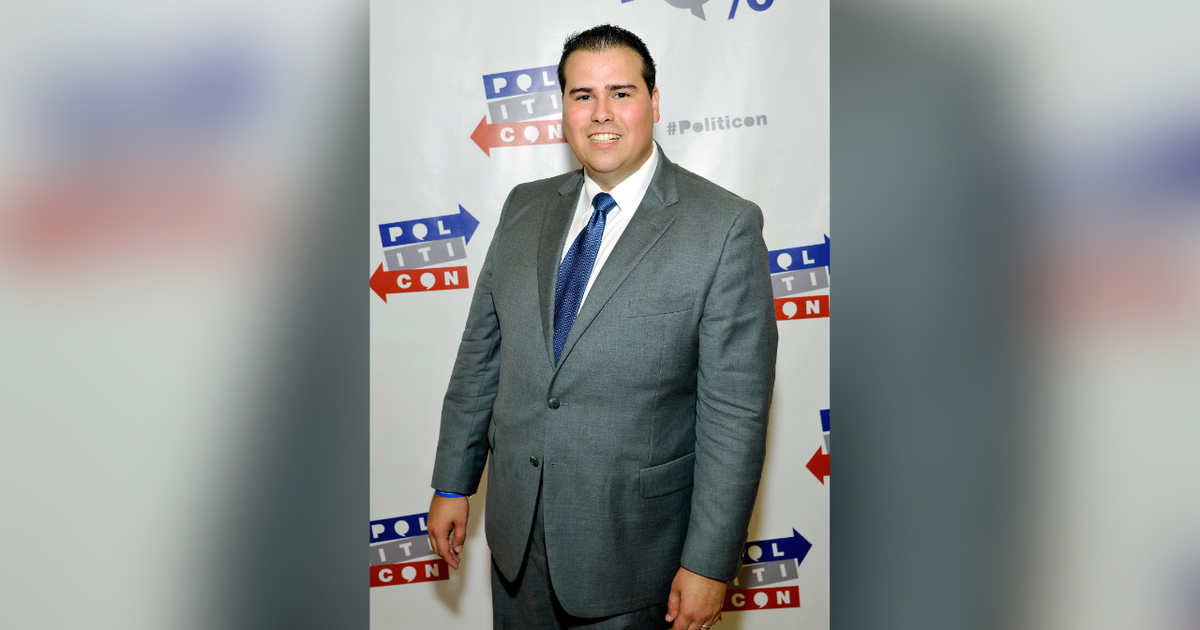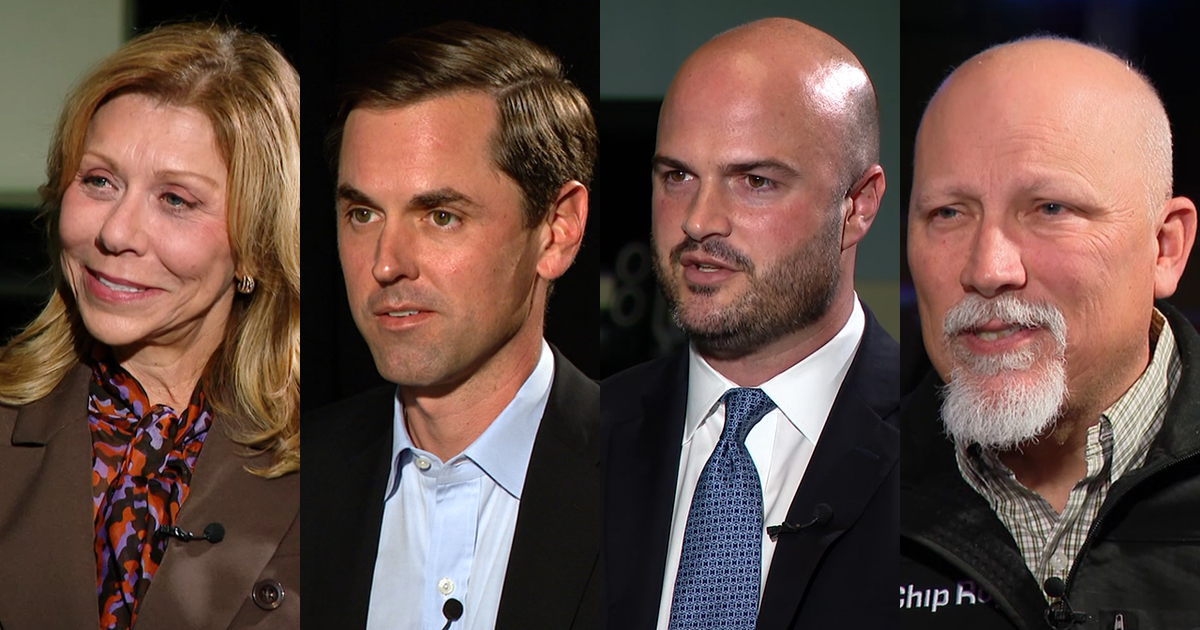Good Question: Do Gaffes Hurt Political Candidates?
MINNEAPOLIS (WCCO) -- When a secret video recording caught Mitt Romney talking at a fundraiser, implying that Americans who don't pay income tax are mooches, some observers called that a gaffe that would signal the end of his campaign.
But are gaffes that significant? Or are they overblown by the media?
"I think it is a sideshow, and frankly the media makes it more of a sideshow, because they over-cover it," said Blois Olson, principal of Fluence Media. Olson used to do consulting work for political candidates.
"I don't think they show us a lot about the candidate, but they dominate the news cycle," Olson said.
"I think most gaffes don't make a huge difference," said George Washington University political science professor John Sides. "They don't really move the polls. It's really hard to show at the end of the day a candidate lost an election because of a gaffe."
On his blog, Sides analyzed all the so-called gaffes during the 2008 election, including Barack Obama at a private fundraiser talking about small town Americans.
"It's not surprising they get bitter and cling to guns and religion," Obama had said.
After that statement, Sides found the public opinion polls didn't move at all. Same this year, after President Obama's "you didn't build that" comment about businesses took over the news cycle.
"It takes more time for this kind of information to filter down to people paying less attention, then notice, understand, then incorporate into their thinking about the candidates," Sides said.
The political-class notices every single misstep, but "it's hard for people who follow politics professionally to realize they're kind of weird. Most people don't notice or pay attention in the same way," Sides said.
There is a hypothesis that a series of related gaffes can cause problems.
Sides said Al Gore's perceived stretching of the truth with a series of comments (including one where he talked about his role in inventing the Internet) may have led to a perception that he was willing to lie.
Romney's gaffes have all been similarly themed, Sides said.
"All of this confirms a portrait of Romney as someone personally wealthy and someone who cares more about the wealthy than other people," he said.
But because so many people already have their minds made up, it's possible that that negative portrait simply doesn't matter, he said.
"It's not the gaffe," Olson said. "It's that you lose the opportunity to talk about something that might help you."






